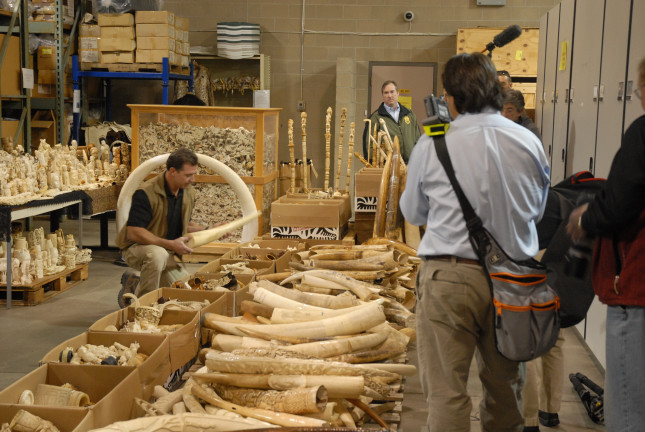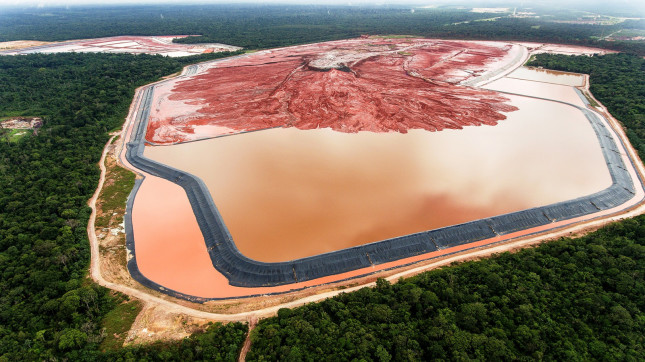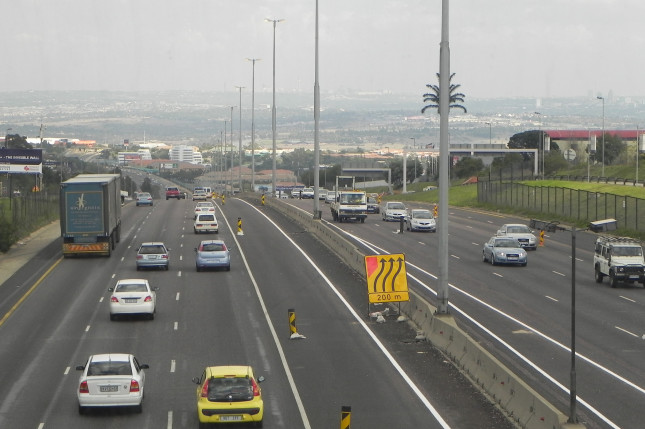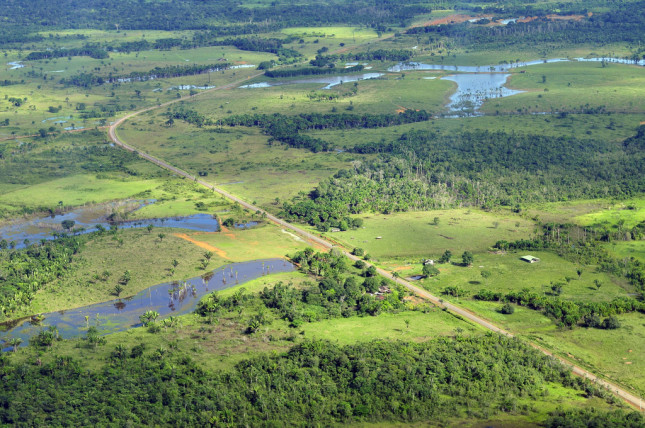-
Environmental Security in Times of Armed Conflict
›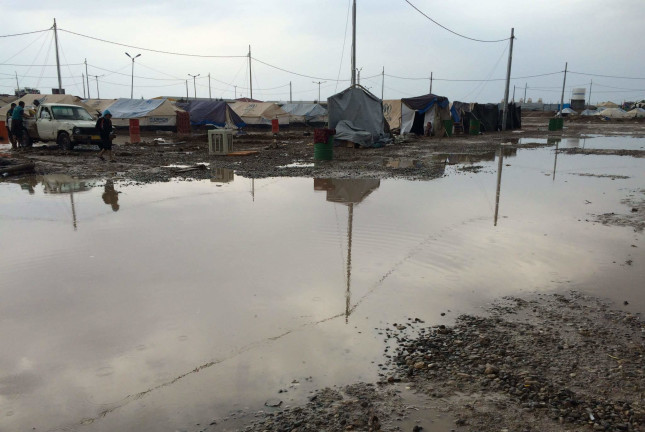
This summer, Iraqi citizens in Basra demonstrated in the streets to protest a serious public health crisis caused by polluted water. The condition of their water infrastructure was deplorable after years of devastating wars, corruption, and droughts and regional hydropolitics. More than 100,000 people have reportedly been poisoned by polluted water, while recent estimates warn that some 277,000 children are at risk of diseases, such as cholera due to rundown water and sanitation facilities at schools.
-
Trump Builds Upon Obama’s Fight Against Illegal Wildlife Trafficking
›
President Donald Trump has in many ways worked as President Barack Obama’s foil, rolling back legacy environmental protection regulations and questioning the merit of environmental causes. However, since taking office, his administration has also taken a hard policy line against wildlife crime, continuing and even furthering Obama’s momentum.
-
Resilient Cities Need to Support the Informal Economy: Millions of Overlooked Working Poor
›
For this World Cities Day, the UN’s theme calls for “building sustainable and resilient cities.” Cities across the Global South are assessing their physical preparedness against future shocks. Can cities that leave out—or often push out—poor workers claim resiliency? These moves are, in fact, weakening any preparedness. The foundations of truly sustainable and resilient cities lie in their residents’ abilities and agency.
-
Environmental Activists Under Assault in Brazil
›
Environmental activists in Brazil are under attack. Last year—the worst year on record—57 of them were assassinated in Brazil, the most dangerous country for environmental activists in the world. The last few years have seen a dramatic uptick in killings of people who take a stand against companies and other actors that commit environmental crimes.
-
Lack of Access to Food Tied to Anemia for Women and Girls
›
This year, “we went from 815 million people food insecure to 821 million—for the third year in a row increasing,” said Ambassador Ertharin Cousin, referencing the latest State of Food Insecurity and Nutrition Report in a recent Smart Women, Smart Power conversation held at the Center for Strategic and International Studies. Ambassador Cousin served as executive director of the World Food Program between 2012 and 2017, and before that, she served as executive vice president and chief operating officer of America’s Second Harvest, now known as Feeding America.
-
African Free Trade Could Increase Resilience to Climate Change and Conflict
›
Developing countries are most vulnerable to the effects of climate change, such as drought, flooding, severe weather events, and threats to humanity’s basic needs like food, water, energy, and shelter. The African continent knows much about the impacts of climate change. But what can it do about it?
-
Warning: The Amazon May Soon Reach the Point of No Return on Forest Loss
›
“What we do during this decade can be critical for the future of Amazonia,” said São Paulo Research Foundation member, Paulo Artaxo, at a recent Wilson Center event on efforts to support sustainability and development in the Amazon region. The recently accelerating environmental change in the Amazon region warrants greater collaboration between the civil and scientific communities on community and international scales, according to a panel of experts.
-
Rare Earths: Scarce Natural Resource Needed for National Security Drives Innovation
›
Finding domestic alternatives for rare earths has become a matter of national security, according to a recently released Pentagon report. The United States’ defense, economy, and infrastructure depend on the electronics that rely on these mineral elements. Trade tensions between the United States and China over rare earths illustrate an important dynamic surrounding little-seen building blocks of our daily life.
Showing posts from category environment.


